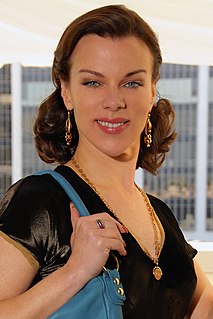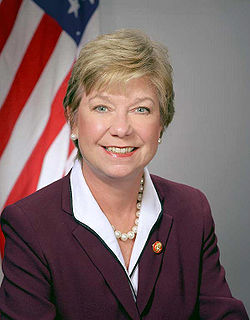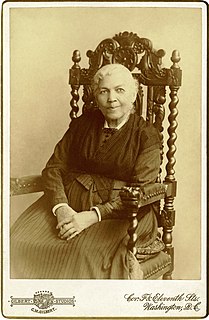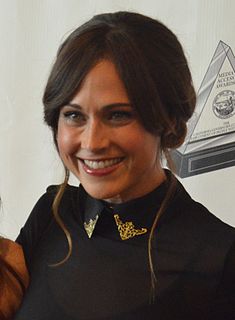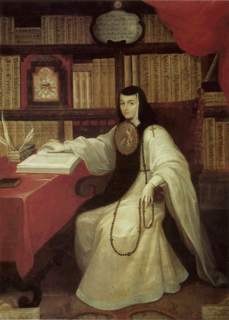A Quote by Jami Attenberg
My grandmother died when my mother was just 11 years old, and consequently, my mother never learned how to cook particularly well.
Quote Topics
Related Quotes
Growing up, I thought my grandfather was dead. Later, I learned he was alive, but my family pretended he didn't exist because of the terrible way he'd abused my grandmother and my mother. He did things like shave my grandmother's head and lock her in a closet. With my mother's help, my grandmother finally left him.
Well, when Eleanor Roosevelt's mother dies, she goes to live with her Grandmother Hall. And her Grandmother Hall is in mourning. She's in widow's weeds. She's in her 50s, but appears very old. And she's exhausted from raising rather out-of-control children. Her favorite daughter, Anna, has died (Eleanor's mother), and she has living at home two other sons, Vallie and Eddie. And they are incredible sportsmen, incredible drinkers, out-of-control alcoholics.
My favorite thing is when I go back and my mother cooks for me. Because it just throws me back the same flavor. And I try to modify things: I say, "Why don't you do this and that?" My mother is older, but she cooks a lot, and she doesn't want to change anything. She's a very good cook, and my grandmother was an amazing cook.
One thing I did have under my belt was, my mother lost her mother when she was 11. She mourned her mother her whole life and made my grandmother seem present even though I never met her. I couldn't imagine how my mom could go on but she did, she took care of us, she worked two jobs and had four children. She was such a good example of how to conduct oneself in a time of grief. When I lost my husband, I tried to model myself as much as I could on her.
My father died at 42, of a heart attack. My mother was 32 then. She never wanted to be a victim. And that really resonated as a nine-year-old child. And one of the most revealing things was, very soon after my father died - he was in real estate and he owned some modest buildings - they came to my mother, the men that worked for him, and they said, "You don't have to worry. We will run the business and we will take care of you." And my mother said, "No, you won't. You will teach me how to run the business and I will take care of it and my children."
I was writing - at least beginning to write Boston Boy and there were a lot of holes in my so-called research. I didn't know the towns my mother and father came from in Russia. I didn't know the name of the clothing store I went to work for when I was 11 years old. I didn't know a lot of things. So I called for my FBI files, not expecting to have that stuff there, but I wanted to know what they had on me.But they did have the towns my mother and father lived in in Russia. They had the grocery store I worked in when I was 11 years old.
I was not yet three years old when my mother determined to send one of my elder sisters to learn to read at a school for girls we call the Amigas. Affection, and mischief, caused me to follow her, and when I observed how she was being taught her lessons I was so inflamed with the desire to know how to read, that deceiving - for so I knew it to be - the mistress, I told her that my mother had meant for me to have lessons too. ... I learned so quickly that before my mother knew of it I could already read.

